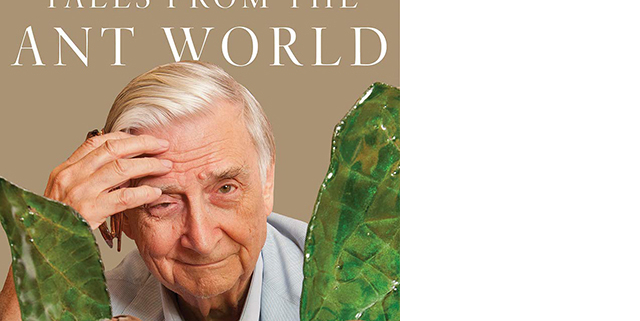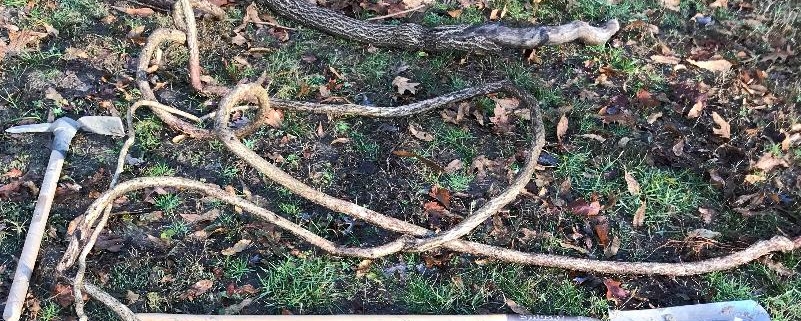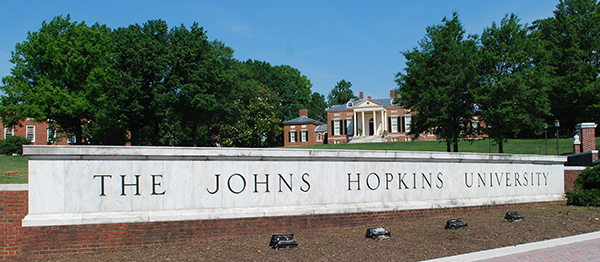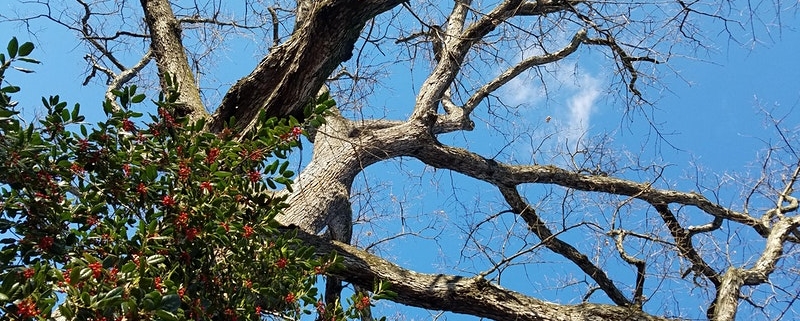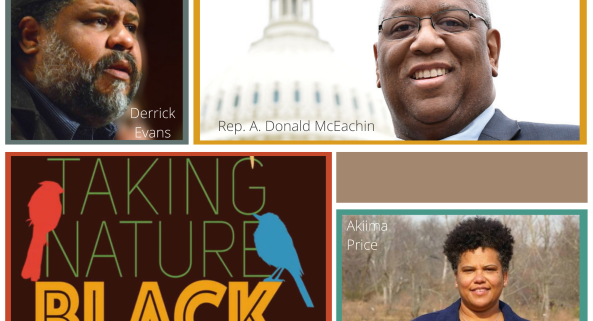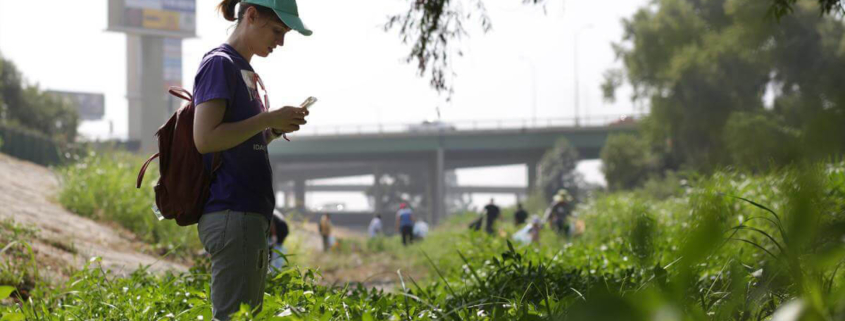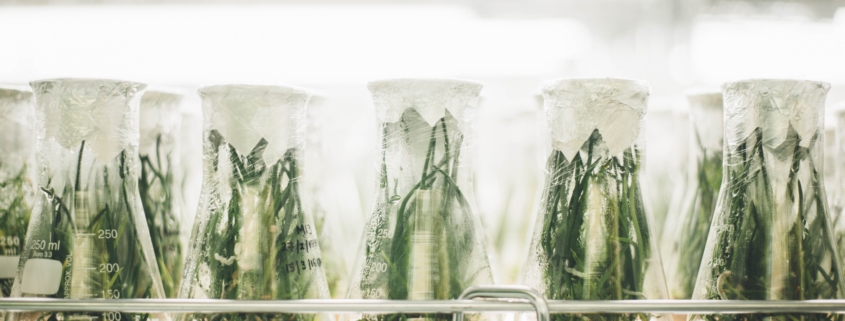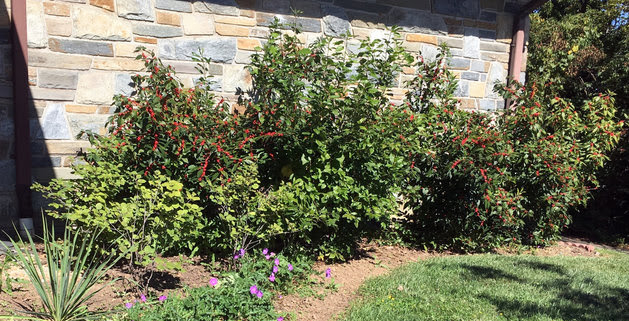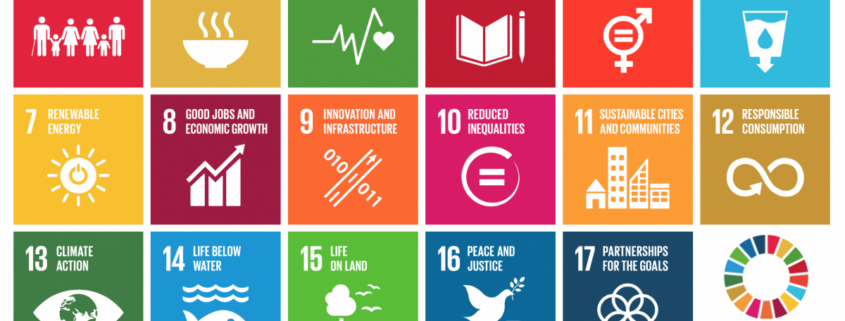Review of Tales from the Ant World, by Edward O. Wilson
Reviewed by Don Coram
Edward O. Wilson is perhaps the most famous living naturalist. He has written more than 30 books on nature, two of which have won Pulitzer Prizes. He is one of the naturalists mentioned in the FMN Basic Course.
In this book, Wilson describes the fascinating diversity among the 15,000 (known) species of ants (probably twice that number overall). The study of ants is called myrmecology. Ants have been around for 150 million years. Adaptive radiation, in which a few successful ant species multiply dramatically into many species filling specialized niches, started in the Mesozoic era and led to the diversity that we can observe now.
Wilson describes the characteristics of a variety ant species, including their physiology, behavior, personalities, and social organization. His list includes common kitchen ants, carpenter ants, fire ants, army ants, leaf cutter ants, and bull ants. Ants are the most warlike of all animals and the book describes some of the fiercest ones. But there are also timid ants who disappear when threatened, only to reform the colony quickly when safe. And the society of leaf cutter ants is surprisingly complex. You must read the book to learn about other astounding adaptations in ant species.
For us amateur naturalists, the book describes Wilson’s life-long interest in ants and nature in general. As an 8-year-old boy, he began collecting and identifying insects in his backyard. Between the ages of 10 and 12, he lived in Washington DC, near the National Zoo and Rock Creek Park, which were inspiring to him. By 13, his family had moved to Mobile, Alabama, where he continued observing nature and soon found a colony of invasive fire ants. His was the first record of these ants in the Northern Hemisphere, and they came to be a serious pest in the South. The book continues describing Wilson’s field trips over the next 8 decades seeking ants throughout the world. He finds them atop mountains, in deserts, on isolated islands, and in caves. The book also describes how Wilson learned to communicate with ants. He was able to extract and purify a fire ant pheromone and use it to communicate with ants to direct them to follow a particular human-selected trail. Wilson is a now professor-emeritus at Harvard University.
Want to review a resource? We’d love to hear from you. Instructions for submission await your click and commitment.


